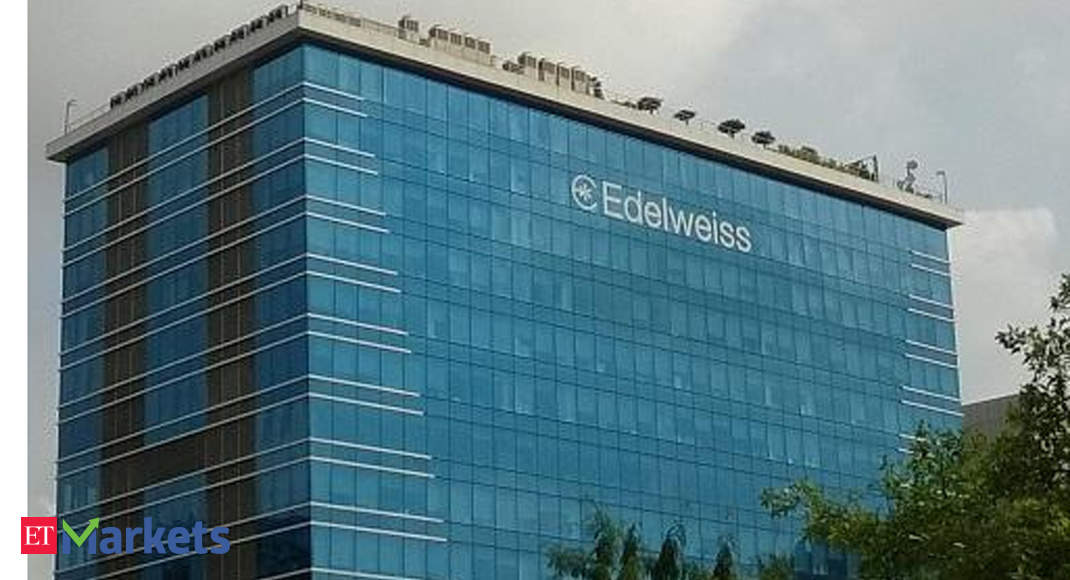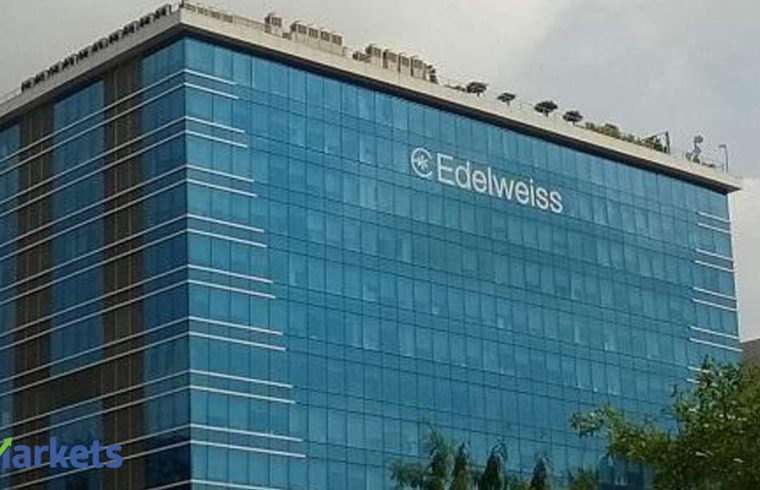
MUMBAI: Edelweiss Group has reported Rs 2,245 crore loss in the quarter to March due to higher upfront provisioning for COVID-19 for possible credit losses across three lending and asset reconstruction verticals.
The diversified financial services player had reported a net income of Rs 232 crore in the year-ago period.
During the quarter, the group has made an additional provisioning of Rs 900 crore towards possible loan losses due to the pandemic taking the total provisions to Rs 2,549 crore.
Of this pre-COVID impairment stood at Rs 1,200 crore, and an additional impairment for the planned sell down of its NBFC assets worth Rs 500 crore, the company said.
The group’s full year income plunged to Rs 9,603 crore from Rs 11,161 crore in FY19, while full year 2020 net income slipped to negative Rs 2,045 crore against Rs 995 crore net profit in FY19.
Group chairman and chief executive Rashesh Shah told on Sunday that the numbers are not comparable as the group had in February decided to change the accounting standard because of changes in reporting to entity-wise to factor-in expected credit losses and also to include upfront impairment charges across verticals so that there are no shocks and instead of spreading it through FY21.
“Impairment is not cash loss, but only a buffer to prepare for any negative eventuality. In fact, this helps us conserve cash and also gain by way of lower tax outgoes,” Shah underlined.
He also said upfront provisioning has helped them conserve cash by way of tax benefits, which in FY20 amounts to Rs 400 crore.
“We have taken a conservative impairment charges in the March quarter preponing any future impairment. The higher provision is one-time for future impairments,” Shah said.
Edelweiss has been since the IL&FS bankruptcy steadily reducing exposure to wholesale credit, which is down 43 per cent from peak levels, Shah said, adding the firm is adopting an accelerated strategy to mark down and sell down corporate assets and the pandemic has come in handy to speed up the same.
Edelweiss has three credit business subsidiaries, Edelweiss Capital Finance, Edelweiss Housing Finance and Edelweiss Retail Finance that offer retail mortgage, SME and business loans, ESOP and margin financing, agri and rural finance, structured collateralised credit and wholesale mortgages.
Edelweiss Capital loan book stood at Rs 13,388 crore, that of housing arm at Rs 4,326 crore and retail arm at Rs 1,391 crore as of March 2020, netting a net interest income of Rs 1,191 crore, Rs 188 crore and Rs 115 crore, respectively.
Their respective credit loss stood at Rs 2,335 crore, Rs 41 crore, and Rs 73 crore, while net income was minus Rs 1,414 crore, Rs 2 crore and Rs 1 crore. Gross NPAs of these firms were 3.8 per cent, 1.7 per cent and 2.4 per cent.
Noting that the past eight quarters have been challenging for the financial services industry, he said the pandemic has only further weakened an already slowing economy.
Shah further said, they have decided to markdown and sell-down of their corporate asset book, accelerating to capital light model in retail credit, and to raise equity in Edelweiss and in wealth & asset management businesses.
“These measures will further strengthen both our balance sheet and dominant franchises. As the economy recovers over the next few quarters, our businesses will be well-poised to grow strongly,” he said.
During April and May, we had up to 45 per cent of our customers on the moratorium, but the repayment has clawed back to 75 per cent in June, which means only 25 per of the loans are in moratorium now. Also, we have resumed lending to MSMEs under the government scheme with monthly disbursals touching Rs 70-80 crore now, Shah said.
“Wealth and asset management and asset reconstruction businesses continue to perform well with a stable and a large fee income base and an increase in customer count,” he said, adding insurance businesses outperformed the industry to remain one of the fastest growing.
Capital adequacy of key credit subsidiaries Edelweiss NBFC stood at 21 per cent, housing arm at 28.6 per cent and retail credit at 29.4 per cent and that of ARC at a high 32.5 per cent.
Wealth & asset management and asset reconstruction businesses contributed Rs 491 crore net income on a pre-minority interest basis in FY20 on a robust fee income of Rs 1,900 crore, Shah said.









